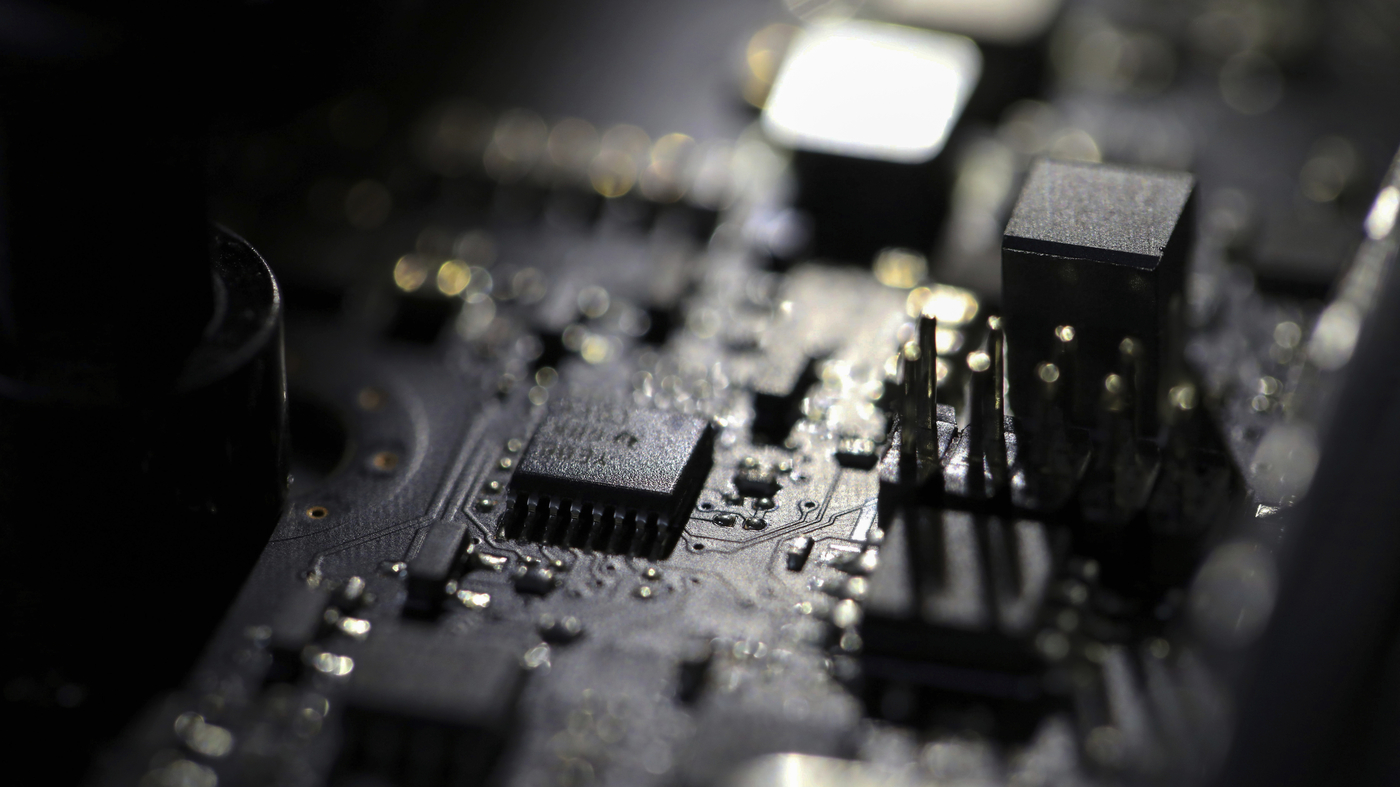Call off the dogs. The CHIPS act is dead. It will not pass in one form or another this year. I am not sure that it's good or bad as there's been many iterations. What I do know is that as a country, we are laser focused... on other things. Consider that in the last 20 years:
1- We decided that unlimited and unregulated funding of our political process was a good thing.
2- We decided that companies have their own faith
3- We have not modernized public transportation in any way (airports, trains, etc.)
4- We decided not to lower our energy consumption
5- We decided that offshore wind (where it is windy i.e. Jersey and MA) would not happen (via litigation). In fact, we have decided that climate change is not real.
6- We decided that we will put women and doctors in jail (see yesterday)
6- We decided that carrying guns in bars and churches and everywhere else is a good idea.
7- Pricing reform of healthcare, scientific literacy, eliminate the penny, your favorite no-brainer here - we have done NOTHING and will do NOTHING.
etc.
The facts speak for themselves. As central as semiconductor is to everything, we are spending our money, our time and political energy elsewhere. Do you think for a NY minute that our performative congressmen and women give a hoot about CHIPS or technology in general? Do they even know what technology is? We rage-tweet while TSMC is working on 2 nm GAA.
1- We decided that unlimited and unregulated funding of our political process was a good thing.
2- We decided that companies have their own faith
3- We have not modernized public transportation in any way (airports, trains, etc.)
4- We decided not to lower our energy consumption
5- We decided that offshore wind (where it is windy i.e. Jersey and MA) would not happen (via litigation). In fact, we have decided that climate change is not real.
6- We decided that we will put women and doctors in jail (see yesterday)
6- We decided that carrying guns in bars and churches and everywhere else is a good idea.
7- Pricing reform of healthcare, scientific literacy, eliminate the penny, your favorite no-brainer here - we have done NOTHING and will do NOTHING.
etc.
The facts speak for themselves. As central as semiconductor is to everything, we are spending our money, our time and political energy elsewhere. Do you think for a NY minute that our performative congressmen and women give a hoot about CHIPS or technology in general? Do they even know what technology is? We rage-tweet while TSMC is working on 2 nm GAA.


